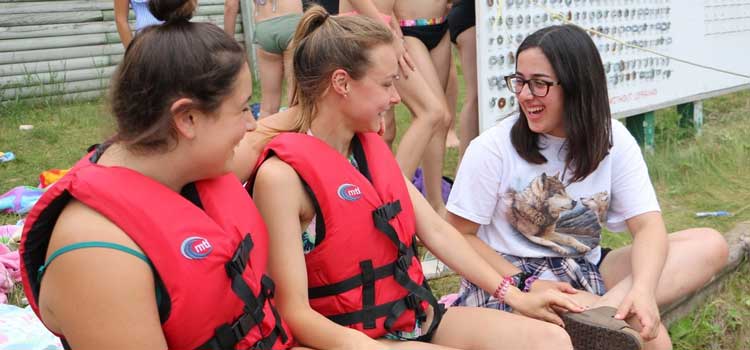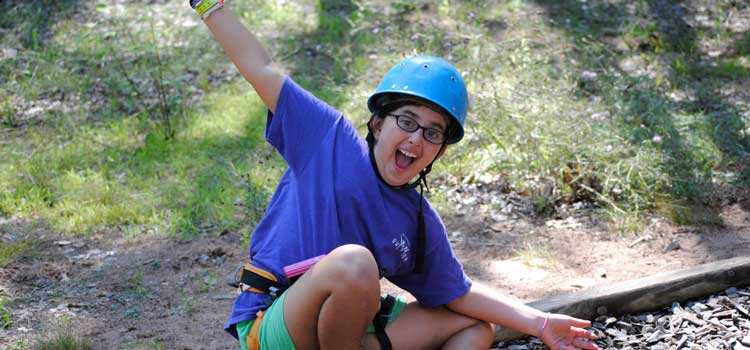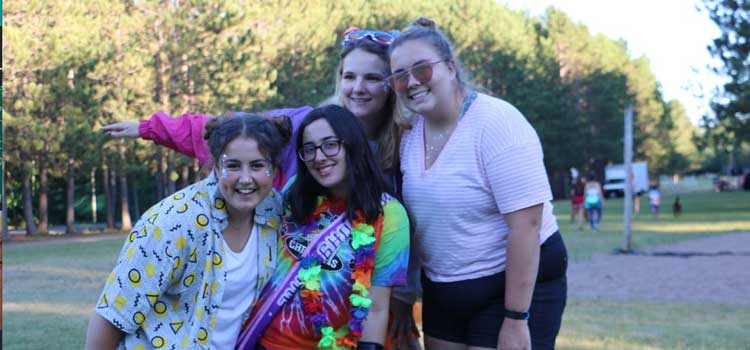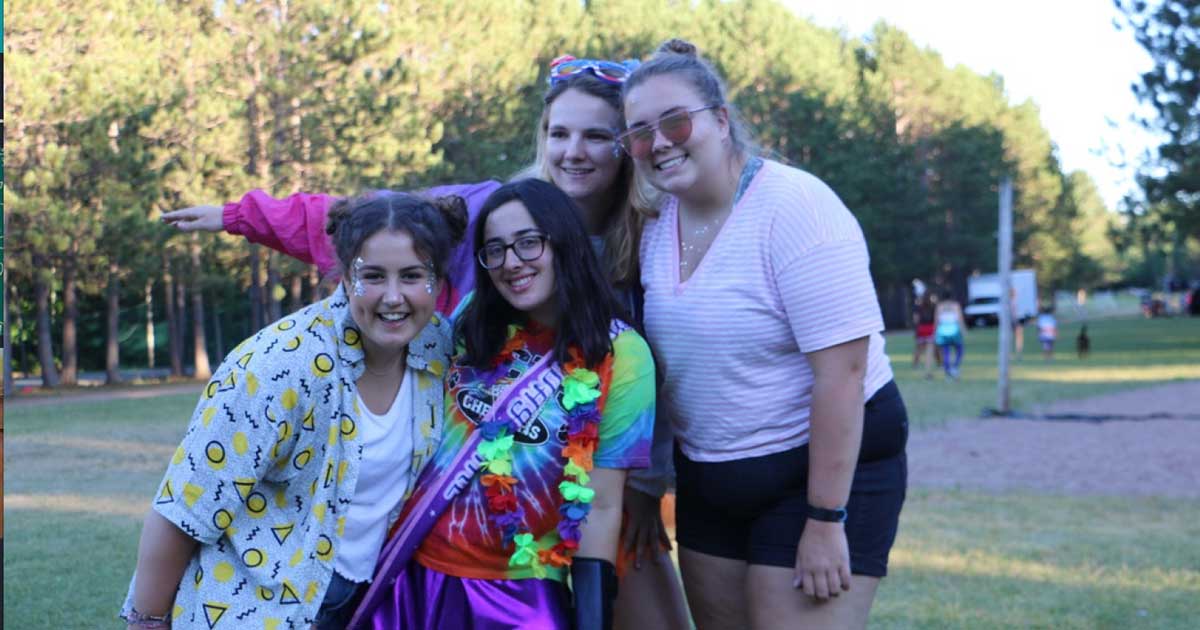Anyone who knows me knows that I love camp. I have spent 10 screen-free summers (seven as a camper and three as a counselor) at Camp Birch Trail for Girls in Minong, Wisconsin, enjoying all that the Northwoods has to offer. For me, camp was more than just two months of fun. It was a refuge and safe place where I could be myself, and because of camp I am a more confident person. Camp was even the subject of my college entrance essay. I truly would not be who I am today without all the lessons that I’ve learned at camp.
I was planning to return to camp this summer as a staff member, but as I witnessed the COVID-19 pandemic evolve and impact every aspect of our daily lives I saw that plan become less likely. I began playing out various scenarios in mind for how camp could still go on as planned. But then in late May I received the email from Birch Trail’s camp director that I had been dreading since March:
We’ve come to the difficult decision to cancel the 2020 season.
Facing Reality and Finding Perspective

It’s not as if the rug was pulled out from under me. I had poured over the American Camping Association (ACA) guidelines for opening camps safely during COVID-19, and while it was feasible that camp could run, the guidelines had me questioning whether it should.
The ACA advised testing for all campers and staff, temperature monitoring daily, and constant sanitization. Cabins would have to function as independent units, or cohorts, essentially not interacting with the rest of the camp. With these new guidelines, council fires, color wars, cheer sessions, and other beloved camp traditions would have to be scrapped. While camp could possibly function, it would not be the same. I knew this, as did the countless other camps that cancelled shortly after the guidelines were released.
I don’t doubt my camp’s decision to close. This was what needed to happen to keep the members of the camp community safe, as well as the residents of the surrounding towns. I also acknowledge that the cancellation of camps isn’t the end of the world. The U.S. death toll from COVID-19 has exceeded 100,000 – a terrifying statistic. Additionally, Black people and communities are fighting for their lives due to systemic racism and police brutality. This perspective is important, but it doesn’t mean that I don’t still feel a pit in my stomach as I think about what the loss of camp means for so many.
Perspective is important, but it doesn’t mean that I don’t still feel a pit in my stomach as I think about what the loss of camp means for so many.
Immeasurable Impact

It is hard to verbalize the profound impact that camp has had on me, both throughout my time as a camper and as a staff member. Through my battles with homesickness, I learned resilience, autonomy, and independence. I learned how to coexist and communicate with others who may have different lifestyles or beliefs than myself. I have created life-long friendships with people from all over the world.
I worry that many camps, without a source of income this summer, will have to reevaluate their expenses and that some may be unable to maintain operations entirely. I worry for parents who will have to spend the next few months finding other ways to care for their kids. I feel for staff members (including myself) who will have to scramble to find jobs and or internships in a challenging job market. And I empathize with campers who have been cooped up at home for the past few months, and for whom camp was supposed to be the light at the end of the tunnel. They will lose something that they have looked forward to for nearly a year.
My camp’s cancellation is especially devastating for the older girls. At Birch Trail, the final year of camp – your TM year as it’s called – is long awaited. The whole age group lives together in a huge cabin and essentially serve as leaders and role models for the rest of camp. It’s meant to be a time where you come to terms with leaving your days as a camper behind. It’s a time to really come into your own. I can’t fathom how they feel right now, stripped of this rite of passage, and the ability to say goodbye to a place they love so dearly. While I hope that something will be arranged to give these girls some sort of TM-experience, nothing is certain.
Camp People Press On

This uncertainty is what I’m struggling with the most. The phrase “10 for 2” is commonly thrown around by campers, both at Birch Trail and other camps. It represents the idea that campers spend a majority of the year (about ten months) at home, eagerly awaiting the two months of joy camp brings. This is true for me, and I have been incredibly lucky in that I rarely experienced a summer without camp. I write this with no clue what the next few months hold for me and so many other camp people. I don’t know what my life will be like a year from now, and whether or not I will be able to return to Birch Trail for the summer of 2021.
What keeps me going is that even though camp is cancelled this summer, the connections I’ve made are still so present. My social media feeds are flooded with posts from campers, staff, and alumni whose lives have been touched by camp, and my camp friends and I are constantly checking in with each other. The past few months have been hard, and the future is unclear, but I am holding on tightly to what camp has done for me so far, and to the hope that I can return next summer.
Hannah Docter-Loeb is a rising junior at Wesleyan University in Connecticut, double majoring in Biology and Psychology and minoring in Education Studies. Born and raised in Washington D.C., Hannah has spent ten summers escaping the city at Camp Birch Trail for Girls in Minong, Wisconsin.
